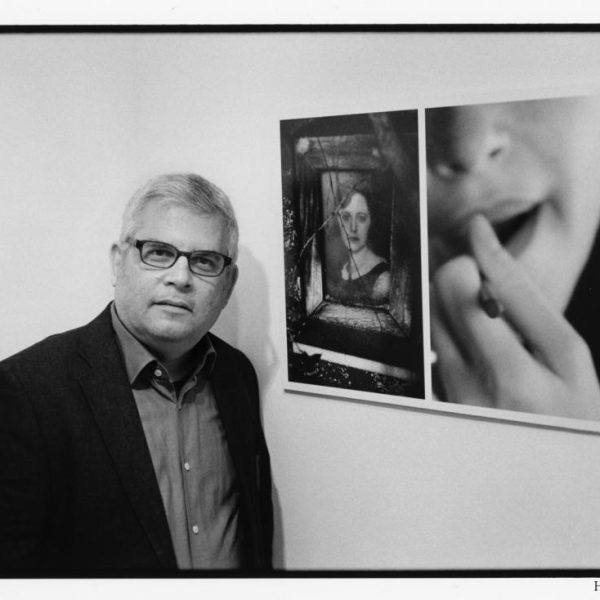Cook’s Alfred Kazin a complex, fascinating subject
Richard M. Cook’s Alfred Kazin: A Biography, about one of the most important literary critics of the 20th century, has in turn become the subject of articles by literary critics from The New York Sun, The Los Angeles Times Book Review, and The New York Times Book Review.
 In his Jan. 23 review for the New York Sun, Adam Kirsch praised Cook’s biography, despite Kazin’s complex character: “Mr. Cook has a judicious appreciation of Kazin’s work as a memoirist and literary critic, and he has mastered the tempestuous literary-political milieu of the New York intellectuals to which Kazin uncomfortably belonged.” Kirsch found especially interesting the period of Kazin’s life in the 1920s and ’30s.
In his Jan. 23 review for the New York Sun, Adam Kirsch praised Cook’s biography, despite Kazin’s complex character: “Mr. Cook has a judicious appreciation of Kazin’s work as a memoirist and literary critic, and he has mastered the tempestuous literary-political milieu of the New York intellectuals to which Kazin uncomfortably belonged.” Kirsch found especially interesting the period of Kazin’s life in the 1920s and ’30s.
On the other hand, Richard Eder, writing a review for The Los Angeles Times Book Review, delighted in “the complications of this genial, acerbic figure.” He finds it admirable that what “Cook brings out, appealingly, is his subject’s mix of brashness and humility.” He finds that “Cook is best at tracing Kazin’s growing use of his Jewishness in his books.”
William Grimes, in his Jan. 2 review for the New York Times Book Review , would agree with Eder, finding that “Cook amply documents” Kazin’s life with an “even-tempered, judicious biography of this notoriously prickly critic.” With a “discerning eye” and a “deft hand,” Cook “introduces… hundreds of illuminating passages from Kazin’s unpublished journals to round out the picture…. In Mr. Cook’s hands Kazin emerges as an arresting hybrid.”
Novelist Brian Morton wrote on the book as well for the Jan 27 New York Times Book Review. Morton, when he met Kazin, “could only envy the astonishing vitality of his mind.” He thinks that “Cook’s biography, the first that has appeared of Kazin, is a respectable effort, well written and well researched.”
Born in 1915 to barely literate Jewish immigrants in the Brownsville section of Brooklyn, Alfred Kazin rose from near poverty to become a dominant figure in twentieth-century literary criticism and one of America’s last great men of letters. Biographer Richard M. Cook provides a portrait of Kazin in his public roles and in his frequently unhappy private life. Drawing on the personal journals Kazin kept for over 60 years, private correspondence, and numerous conversations with Kazin, he uncovers the full story of the lonely, stuttering boy from Jewish Brownsville who became a pioneering critic and influential cultural commentator.
Upon the appearance of On Native Grounds in 1942, Kazin was dubbed “the boy wonder of American criticism.” Numerous publications followed, including A Walker in the City and two other memoirs, books of criticism, as well as a stream of essays and reviews that ceased only with his death in 1998. Cook tells of Kazin’s childhood, his troubled marriages, and his relations with such figures as Lionel Trilling, Saul Bellow, Malcolm Cowley, Arthur Schlesinger, Hannah Arendt, and Daniel Bell. He illuminates Kazin’s thinking on political-cultural issues and the recurring way in which his subject’s personal life shaped his career as a public intellectual. Particular attention is paid to Kazin’s sense of himself as a Jewish-American “loner” whose inner estrangements gave him insight into the divisions at the heart of modern culture.



